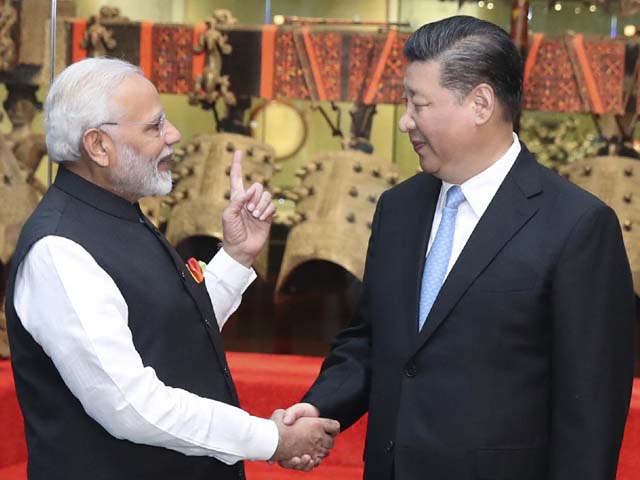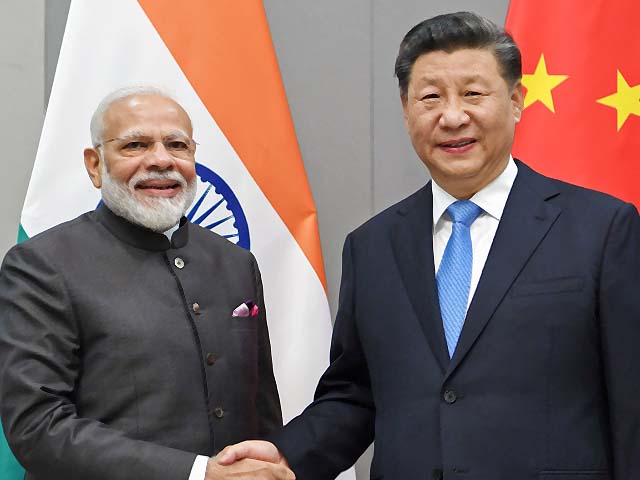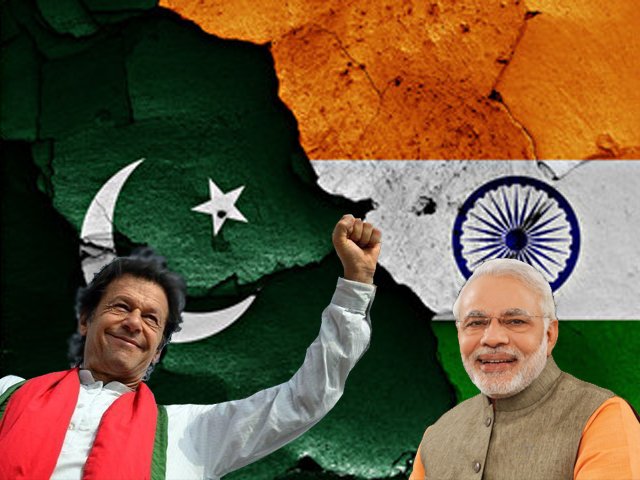
Will China ever allow India to be part of the Nuclear Suppliers Group?
India should make evident to Chinese leadership that it can’t keep them away from obtaining a NSG membership for...
Before the start of the Nuclear Suppliers Group (NSG) plenary session in Seoul on June 24, 2016, the word was out that China would not be supporting India’s membership into the NSG. China had exhibited a similar reluctance towards India’s bid for a permanent seat in the UN Security Council.
Although China managed to stonewall India’s application, what came as a total surprise to them was that out of 48 countries, 44 countries openly supported its membership; evidence of India being recognised as an emerging global power. In fact, the Chinese negotiator was pulled up because of the unprecedented support India received at the meeting.
Those who have been following China’s rise as a dominant force know that it aims to challenge the US on a global platform. They are also equally aware that China has always resented India’s growing status in South Asia. Moreover, as part of its strategy, it had always used Pakistan as a counterweight to India.
The NSG was made in 1974 as a response to India’s nuclear test in May earlier that year. The group was formed with the avowed objective of preventing nuclear proliferation by controlling the export of materials, equipment and technology that are used to manufacture nuclear weapons. Strangely, it is the same group that India now wishes to gain access to.
One wonders why India is so desperate to be a part of the NSG – given the fact that the US and Russia have already been supplying it with all the equipment and materials it needs. According to experts, it is actually the US that has shown interest in India joining the NSG. President Obama himself has been lobbying very hard for India to gain access to the atomic control group. In fact, it was President George Bush who was instrumental in getting the waiver clause granted to India to enable it to import equipment and material critical for nuclear power generation. He personally spoke to Hu Jintao, former President of China, and enlisted China’s support for the said waiver. The waiver meant that India had the legal right, under the world nuclear regulatory regime, to trade for civilian nuclear fuel and technology.
India miscalculated the US’ ability to push through its case without realising that China would scuttle any move regarding India’s membership. Unlike President Bush, Obama did not make any attempt to reach out to the Chinese for support in India’s case. China has become more assertive over the years and is now competing with the US as a world major economic power.
India made the tactical mistake of moving an application this May on the strength of the support received from the US, UK, France, Mexico and Russia but failed to see the elephant in the room – China. China stonewalled India’s membership mainly on two grounds: it did not want India to challenge its growing influence in global politics and, secondly, it felt that the US was supporting India to contain its growing influence by hyphenating India with it. China also wanted to send the message that it is now in the same league as the US.
However, India feels that NSG membership will enable it to become an international player in nuclear commerce, as it will not only be able to access the latest nuclear technology, but will be in a position to supply its indigenous technology. It will also end isolation from global nuclear commerce that the international community had forced India into – after it conducted the first nuke test in 1974.
On its part, India felt that with growing bonhomie between Modi and Xi Jinping, China would support its cause. China, on the other hand, had other ideas. The fulcrum of the Chinese foreign policy is to contain India in the global scene. Modi failed to grasp the hard realities of the Chinese politics.
All is not lost, as any delay to the membership will not affect India’s immediate needs of procuring equipment and material for nuclear power, as it can rely on both the US and Russia to meet its energy needs.
India should bide its time and adopt a mature approach by engaging with China. It should also impress on the Chinese leadership that it can’t keep India away from obtaining an NSG membership for long, and the Chinese strategy of blocking its entry will prove counterproductive, apart from straining the relations between the two powerful neighbours.
However, amidst this gloomy scenario, India has been admitted to the Missile Technology Control Regime (MTCR), which has so far proved elusive to China. MTCR membership will enable India to buy high-end missile technology and also enhance its joint ventures with Russia. Indeed, a small consolation to its efforts to gain international acceptance of its economic status.




COMMENTS (51)
Comments are moderated and generally will be posted if they are on-topic and not abusive.
For more information, please see our Comments FAQ